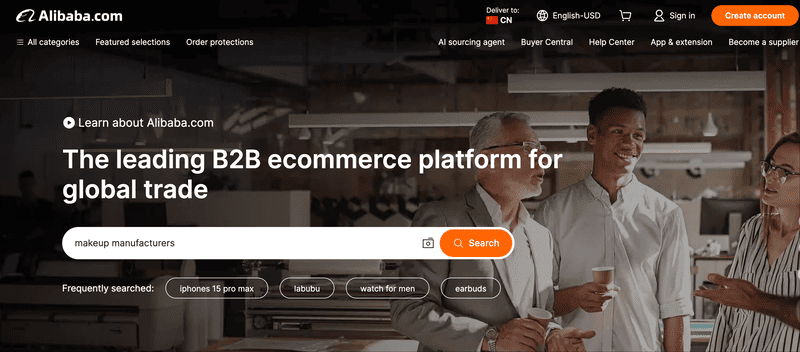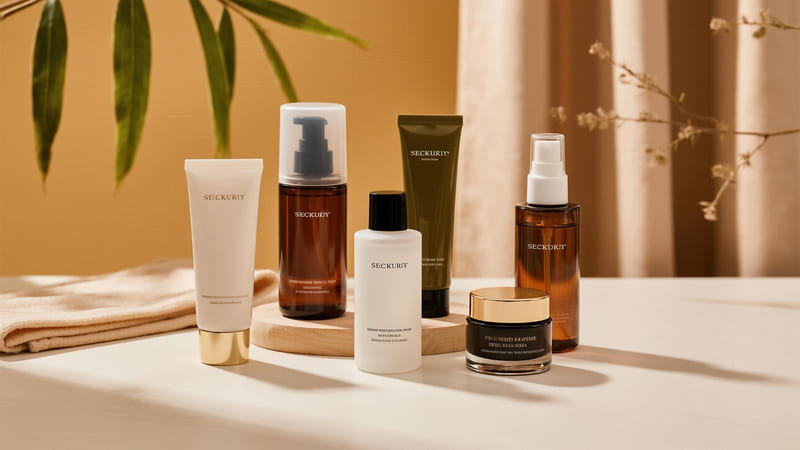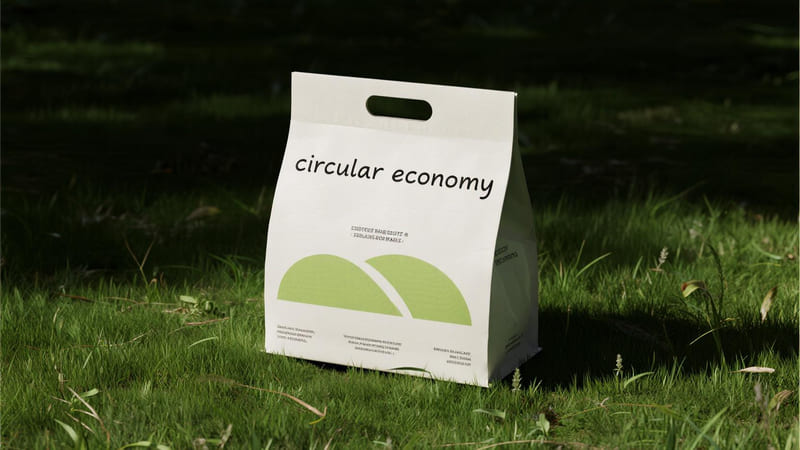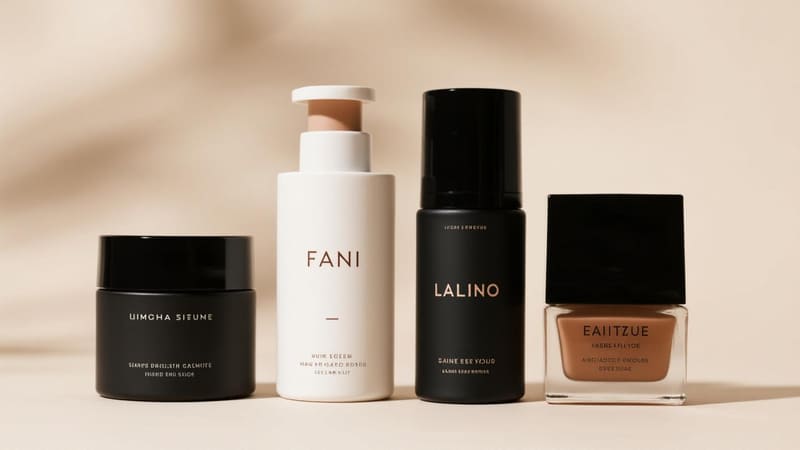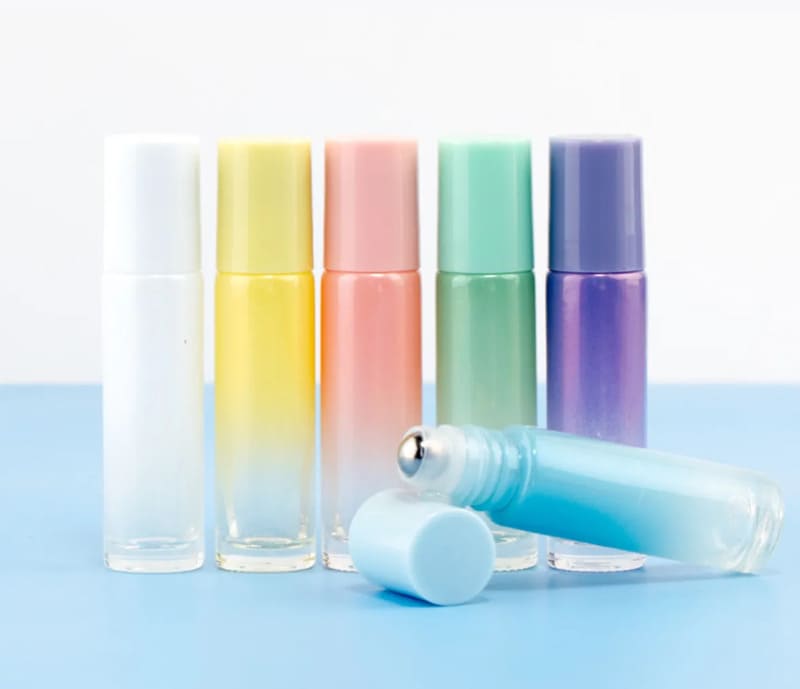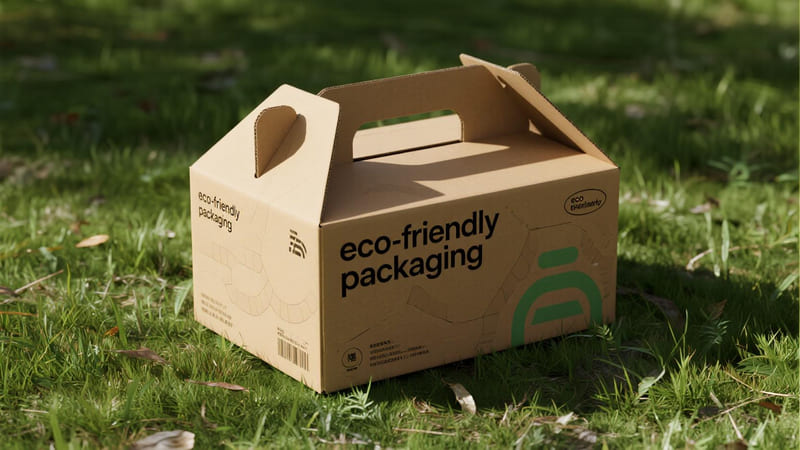Finding a reliable manufacturer for your makeup set feels impossible. A bad partner can ruin your brand with poor quality and delays. I’ll show you where to look and what to ask.
You can find private label makeup set manufacturers on global sourcing platforms like Alibaba, by attending industry trade shows like Cosmoprof, or through referrals. The key is to thoroughly vet them for quality, communication, and experience in creating multi-product sets before committing.
Knowing where to look is just the first step on a long journey. Finding a list of potential partners is easy; choosing the right one is the hard part. The manufacturer you select will be one of the most important partners for your brand. Let’s dive into how to make sure you choose wisely.
What is the difference between private label and white label?
You hear "private label" and "white label" used interchangeably. Using the wrong term can make you look inexperienced and lead to confusion. Let’s clarify the simple but crucial difference.
White label is a generic, pre-made product that you simply add your logo to. Private label means the formula is created exclusively for your brand, offering unique shades and performance. Private label provides true brand differentiation, while white label is faster and cheaper.
Understanding this distinction is key to your brand strategy. White label is great for speed. You can launch a product line very quickly with a low minimum order quantity (MOQ) because the manufacturer is making huge batches of the same formula for many brands. The downside is that your competitor could be selling the exact same lipstick in a different tube.
Private label is how you build a truly unique brand. You work with the manufacturer’s chemists to create a formula that is exclusively yours. You can specify the texture, pigment level, wear time, and ingredients. This process takes longer and requires a higher MOQ, but it gives you a unique product that no one else has. I’ve seen many clients, like Anna in Thailand, start with white label products to test the market. As her brand grew and she understood what her customers wanted, she transitioned to private label to create signature products that set her apart.
| Feature | White Label (Generic) | Private Label (Exclusive) |
|---|---|---|
| Customization | Logo and packaging only. | Formula, shades, packaging. |
| Uniqueness | Low. Many brands sell it. | High. Exclusive to your brand. |
| Speed to Market | Fast (weeks). | Slower (months). |
| MOQ | Low. | High. |
| Cost | Lower per unit. | Higher development cost. |
How do I choose the right private label manufacturer?
You have a list of potential manufacturers. Now what? Choosing the wrong one can lead to inconsistent quality, missed deadlines, and a warehouse full of products you can’t sell.
Choose a manufacturer based on their communication, quality certifications (like GMP), reasonable MOQs, and their willingness to provide high-quality samples. Their expertise in your specific product category is also critical. Never choose based on price alone.
Vetting a manufacturer is like a job interview; you need to ask the right questions. Here are the key areas I tell my clients to focus on:
- Communication: Are they responsive and easy to understand? Do they seem to grasp your brand vision? A good partner will feel like part of your team.
- Quality & Certifications: This is non-negotiable. Ask if they are GMP (Good Manufacturing Practices) certified. This is the industry standard for safety and quality control. Ask how they handle batches that don’t meet quality standards.
- Minimum Order Quantities (MOQs): A manufacturer with a very high MOQ can be risky for a new brand. Find one whose minimums align with your budget and sales forecasts.
- Samples: Always, always get samples. You need to test the product on yourself and others. Check the texture, color payoff, and wear. The quality of the sample is a direct reflection of the quality of the final production run.
I remember my client Anna tested samples from three different manufacturers. The cheapest one sent a lipstick that was dry and patchy. The winner was the one who communicated best and sent a beautiful, creamy sample. They became her long-term partner.
What should I look for in a makeup set manufacturer?
A makeup set is much more complex than a single lipstick. A manufacturer who is great at one product might fail at coordinating five. This can lead to chaos and costly delays.
For a makeup set, you need a manufacturer with excellent project management and sourcing skills. They must be able to produce or source multiple different cosmetic products and ensure they are all completed on time and fit perfectly into the final packaging.
Creating a set is an exercise in coordination. Imagine a holiday gift set with an eyeshadow palette, a lipstick, and a mascara. The eyeshadow palette might be made in-house, but the lipstick tube and mascara component might be sourced from different suppliers. A delay with just one of these items can hold up your entire launch.
Here are the critical questions to ask a potential set manufacturer:
- Sourcing Capability: Can you produce or source all the items I need for my set?
- Project Management: How do you manage the timelines for multiple components to ensure they are all ready at the same time?
- Packaging Integration: How do you work with the packaging supplier? Can you provide precise dimensions for all components so the box can be designed correctly?
- Quality Consistency: How do you ensure the quality and color story are consistent across all products in the set?
This is where having an expert packaging partner like ShineTop is so important. I’ve seen disasters where a client’s lipstick was 1mm too tall for the custom box insert we produced. We work closely with the manufacturer to get exact specifications for every single item to ensure a perfect fit.
How does packaging impact my private label makeup set?
You’re focused on finding the perfect makeup formula, but you’re treating the box as an afterthought. Bad packaging can make premium makeup look cheap and can lead to damaged products and unhappy customers.
Packaging is the most critical element of a makeup set. It’s the first thing the customer sees, it protects the products inside, it creates the unboxing experience, and it’s what physically holds the individual items together to create a single, desirable "set."
The box is your silent salesperson. It has to do so much work. I remember working with my client Mohammed. He was creating a gift set for one of his customers in Iraq. The individual products were good, but they weren’t selling well as a set. We worked together to design a completely new package: a rigid drawer box with a ribbon pull, featuring a custom-molded insert that held each item perfectly in place. The box was finished with a soft-touch texture and a gold foil logo.
This new packaging transformed the product. It went from being a simple collection of items to a luxurious, premium gift. Sales skyrocketed because the packaging created desire and communicated a level of quality that the old box never could. It protected the products during shipping, reducing breakage, and created an unboxing experience that customers loved to share on social media. That is the power of great packaging.
Conclusion
Find manufacturers on platforms like Alibaba, but vet them carefully. Choose a partner who communicates well, has quality certifications, and can handle the complexity of a set. And remember, your packaging is not an afterthought; it’s the key to creating a successful brand.

